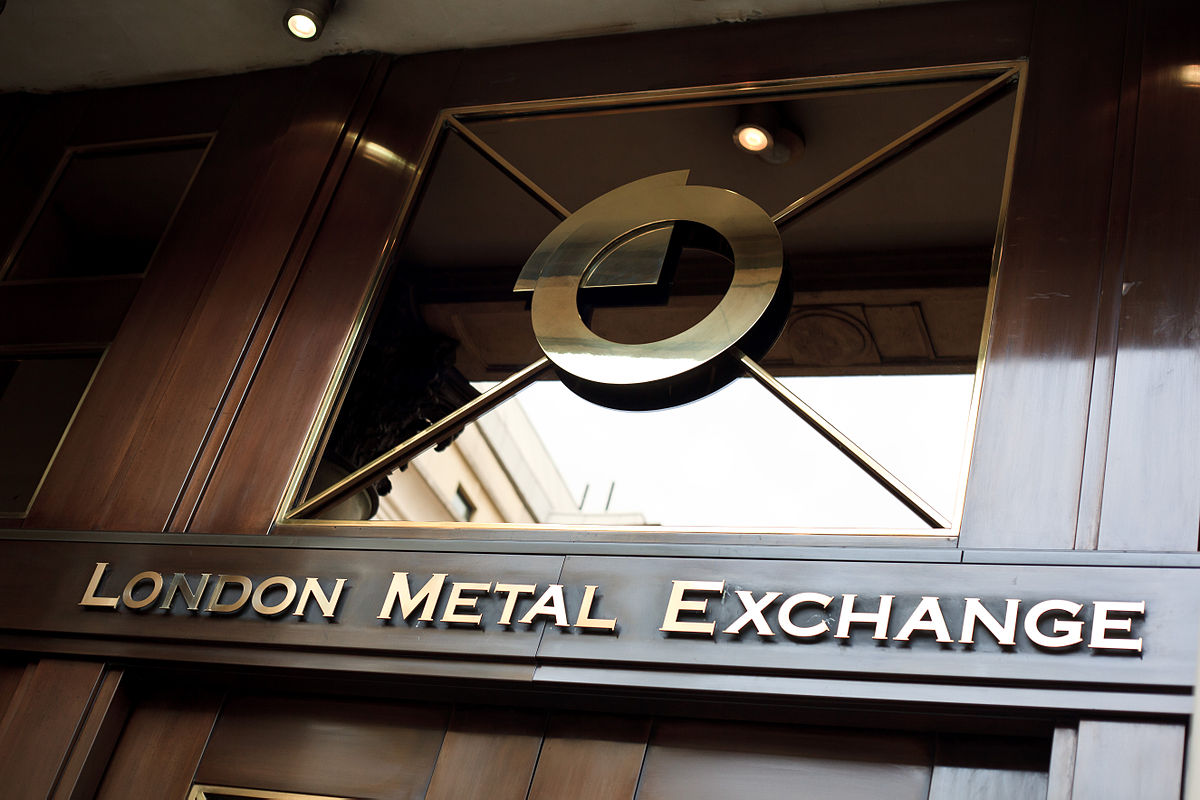The London Metal Exchange (LME) has halted trading of nickel on all its venues following an unprecedented rise in its three-month nickel contract to over $100,000/tonne, Kallanish reports.
Nickel prices had risen 90% to $55,000/t on Monday, before reaching $101,365/t during night trading into Tuesday. This price then dropped to over $80,000/t prior to opening day, when an LME special committee decided to suspend trading.
The committee says “it’s evident” that the evolving situation in Russia and Ukraine has affected the nickel market in particular. “Given price moves in Asian hours this morning, the LME has taken this decision on orderly market grounds,” it explains in a notice.
The suspension started at 08:15am GMT on Tuesday and could be extended to potentially a multi-day closure, the LME says. If that is the case, the exchange will make arrangements to deal with upcoming deliveries.
The previous historical peak for nickel prices on the LME was $51,800/t in May 2017. Prices on the Shanghai Futures Exchange (SHFE) also rose to all-time highs, opening the day trading at CNY 228,810/t ($36,266/t) on 8 March.
Heightened geopolitical tensions as a result of the war involving the world’s third-largest supplier of nickel are now sending shockwaves through global nickel markets, and consequently, to end-users such as the electric vehicle (EV) and steel industries.
According to Rystad, Russia accounted for nearly 13% of total global nickel mining capacity last year, compared to Indonesia’s 34% and the Philippines’ 15% shares. It produced 283,000 tonnes of nickel (metal weight) in 2020, which is 11.27% of global nickel output, the consultancy adds.
Russian nickel miner Nornickel said earlier this week the “geopolitical situation” has not affected its production and sales. The company has pledged to continue its investment plans to expand capacity and meet increased demand coming from the EV industry. It intends to produce 205,000-215,000t of nickel this year, and had previously forecast a mild 42,000t surplus in 2022 – prior to the Russian invasion of Ukraine.
Susan Zou, senior analyst at Rystad, expects the price gap between LME and SHFE to remain wide given the SHFE platform has restricted the daily price increase at 15%, whereas LME has no similar cap on price increase.






